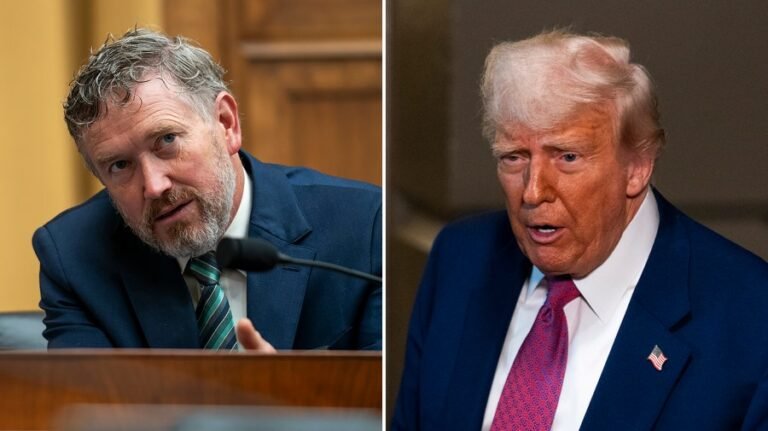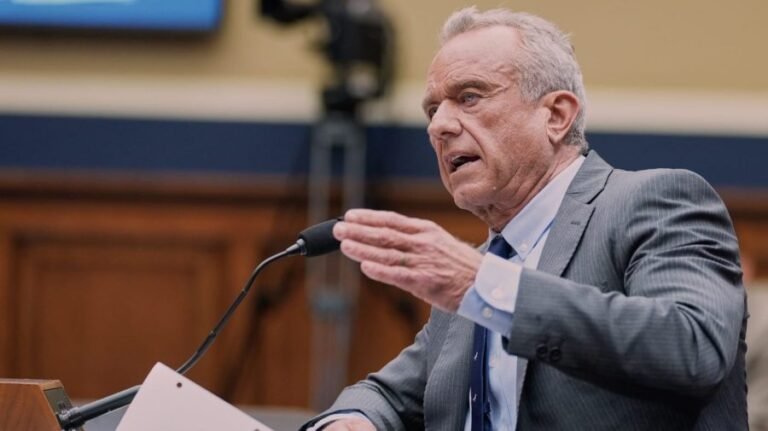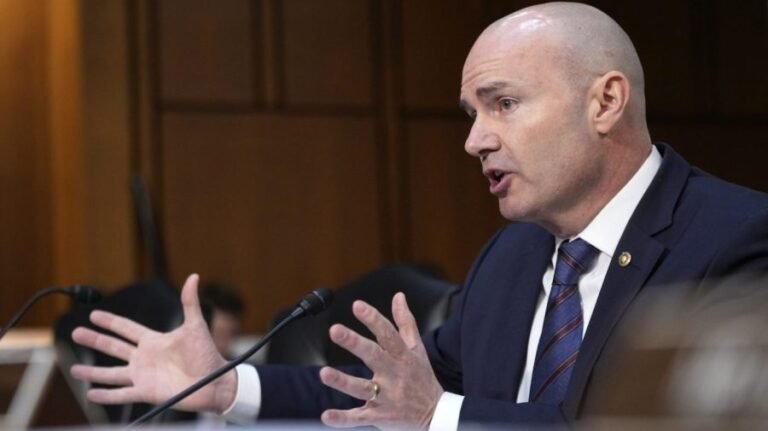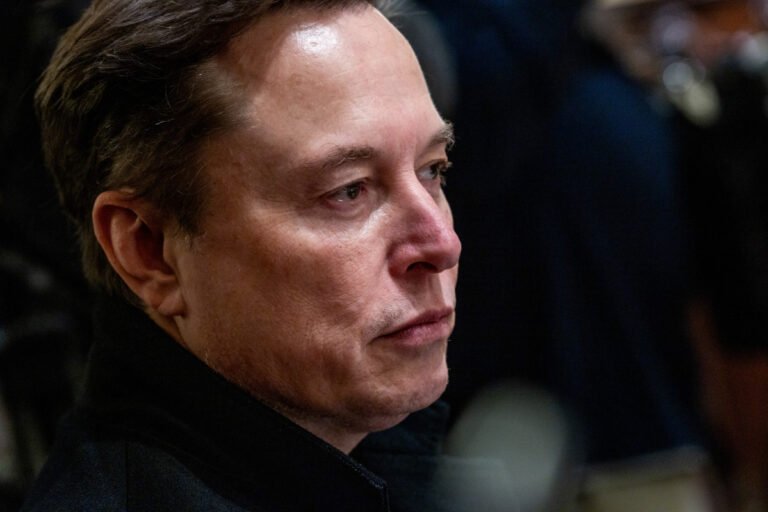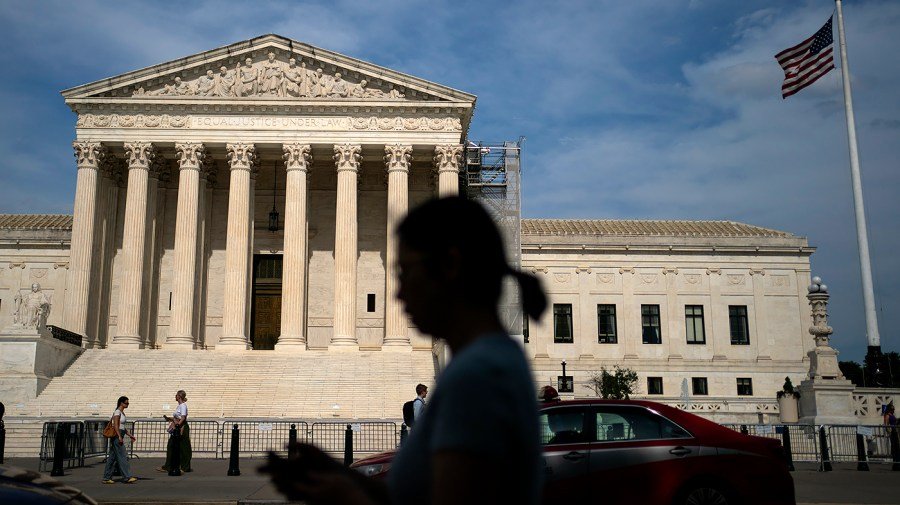
The Supreme Court in a 6-3 decision Friday upheld a multibillion-dollar subsidy program that funds phone and internet services in rural areas and schools, rejecting a conservative group’s claims that Congress delegated away too much power in setting it up.
Established in 1996, the Universal Service Fund (USF) is intended to help the Federal Communications Commission (FCC) accomplish its decades-long aim of affordable “universal service” nationwide by providing subsidies to rural and low-income consumers as well as schools, libraries and health care facilities. It spends roughly $8 billion annually.
Conservative nonprofit Consumers’ Research challenged how Congress delegated determining how much telecommunications companies must contribute to the fund to the FCC, which it, in turn, sets it based on a private company’s financial projections.
The group claimed the two layers combined violates the nondelegation doctrine, which prevents Congress from delegating its legislative authority to the executive branch without an intelligible principle.
“Nothing in those arrangements, either separately or together, violates the Constitution,” Justice Elena Kagan wrote for the majority, which comprised the court’s three Democratic-appointed justices and three of the six Republican-appointed justices.
Justice Neil Gorsuch, joined by Justices Clarence Thomas and Samuel Alito, dissented.
“When it comes to other aspects of the separation of powers, we have found manageable ways to honor the Constitution’s design. This one requires no less of us,” Gorsuch wrote.
Anti-regulatory interests had hoped the Supreme Court would use the case to revitalize the nondelegation doctrine, which the high court has not used to strike down a statute in 90 years.
But the justices instead sided with the federal government, keeping the USF intact. Both the Biden and Trump-era Justice Departments defended the program.
Among others, Consumers’ Research challenge was backed by Americans for Prosperity Foundation, a libertarian advocacy group affiliated with the Koch brothers; the conservative Christian legal powerhouse Alliance Defending Freedom; former Vice President Mike Pence’s advocacy group, Advancing American Freedom; the President Trump-aligned America First Legal Foundation; and the Cato Institute, a prominent libertarian think tank.
Meanwhile, a bipartisan group of 22 state attorneys general, consumer advocacy group Public Citizen, broadband groups and the American Library Association and others filed briefs in support of the USF.
